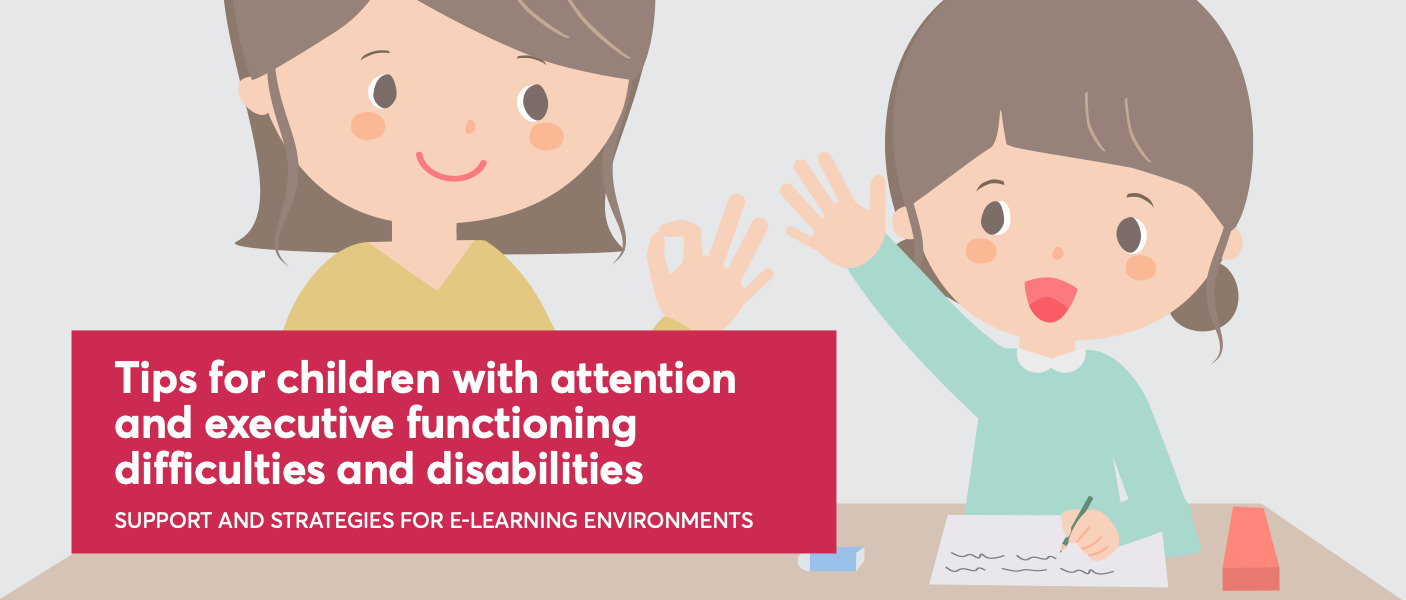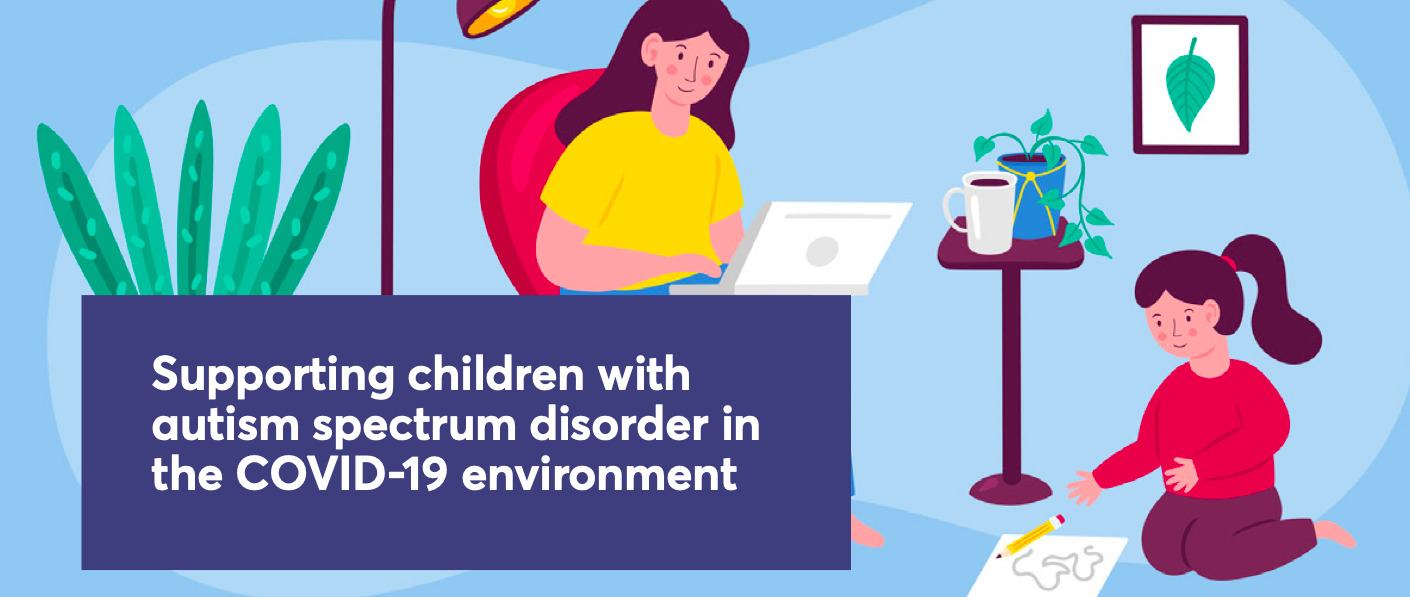A Speech Pathologist is a qualified health professional that can support the development of speech, language and literacy skills in children. They can also aid in developing a child’s social and interaction skills for those who struggle to express themselves, for example, children with Autism Spectrum Disorder (ASD).
Communication is a vital skill that we all use in life to connect with other people. Effective communication skills ensure positive social development of your child occurs through school, in the workplace and in society. Speech Pathologists can help with various communication difficulties in children: late talkers (children who have delay in developing language); trouble following instructions and understanding others; difficulties constructing sentences; unclear speech, and those with social challenges.
Speech Pathologists can also help in area of literacy, such reading and spelling, and with other academic skills for children at school who are struggling to express themselves and learn to the best of their ability. A child’s language skills provide the foundation for later success with literacy and learning at school. Speech therapy can provide a holistic approach to supporting your child’s development in these areas. Our Speech Pathologist can also provide consultation with your child’s teachers and school to ensure an awareness of your child’s program and better coordinate solutions for your child.
If your child is showing difficulties with any of these problems, it would be useful to get some advice from our Speech Pathologist. Research shows that getting help for your child as early as possible is important in making sure that speech therapy is most effective.
Call our team on (03) 9568 6214 or make an enquiry on our website: http://www.clicktherapy.com.au/contact and we can take the first steps to helping your child through their communication difficulties.






